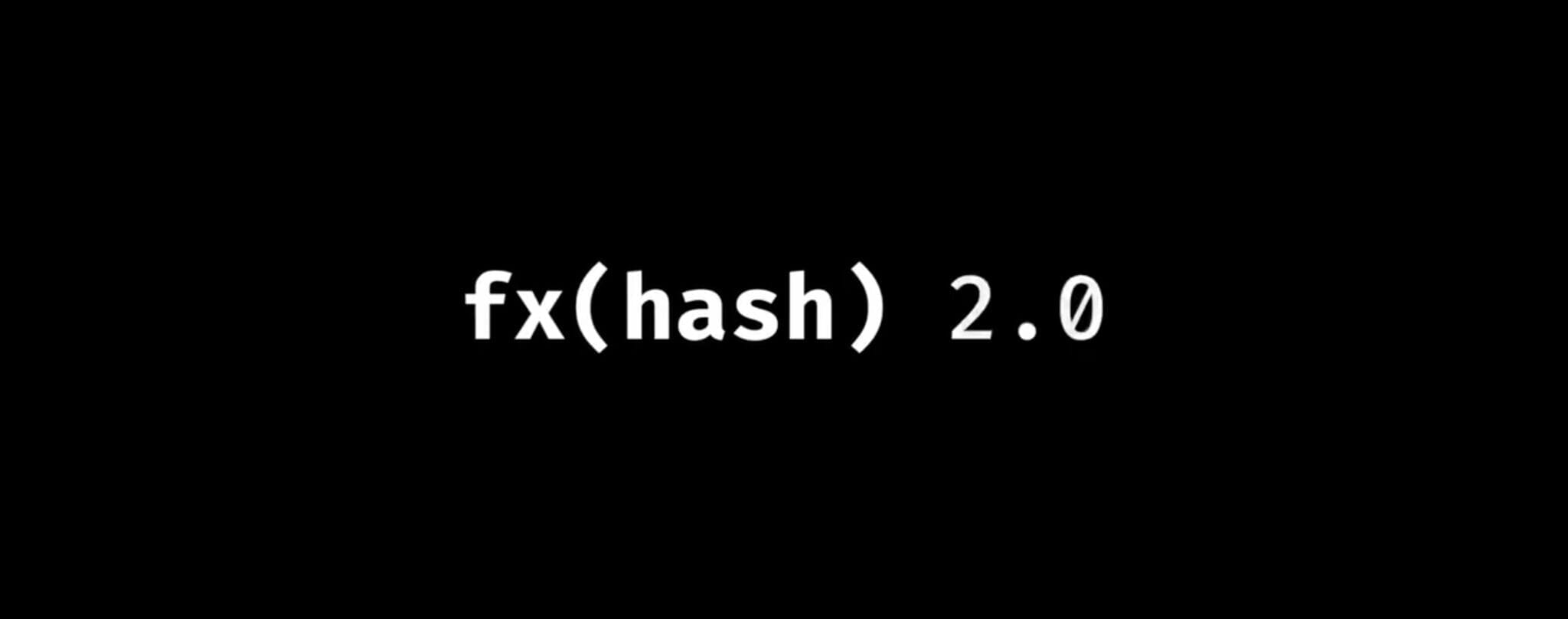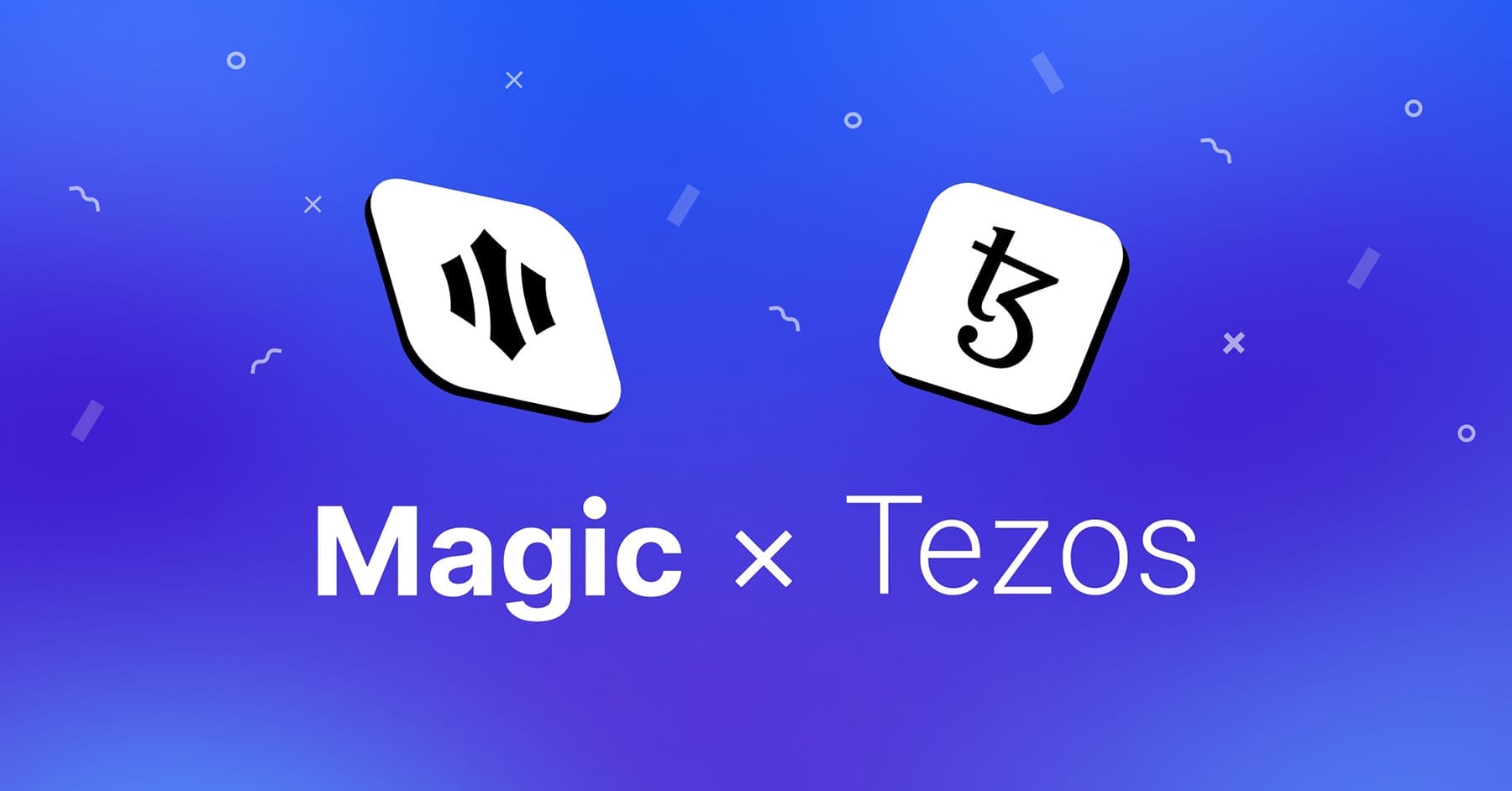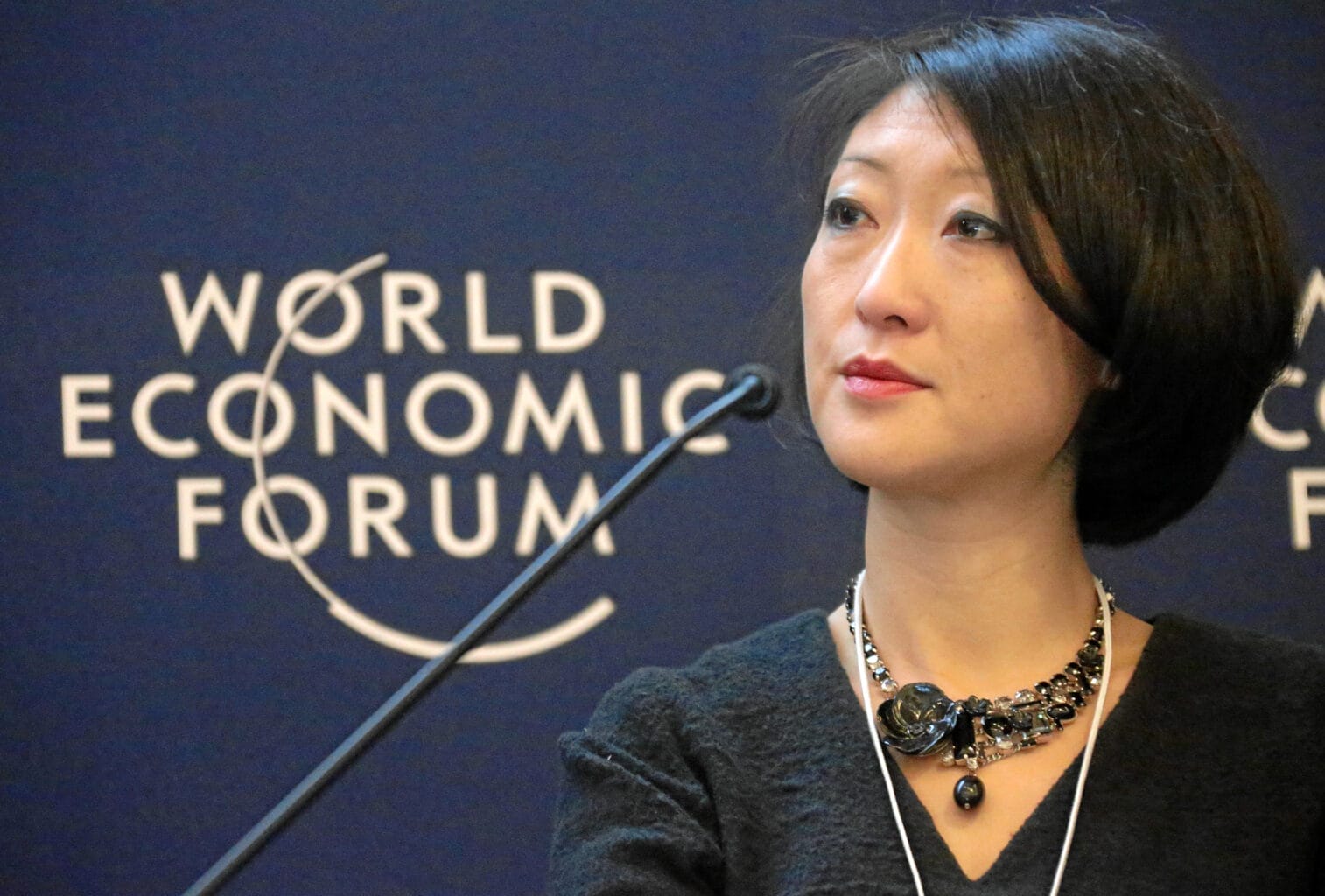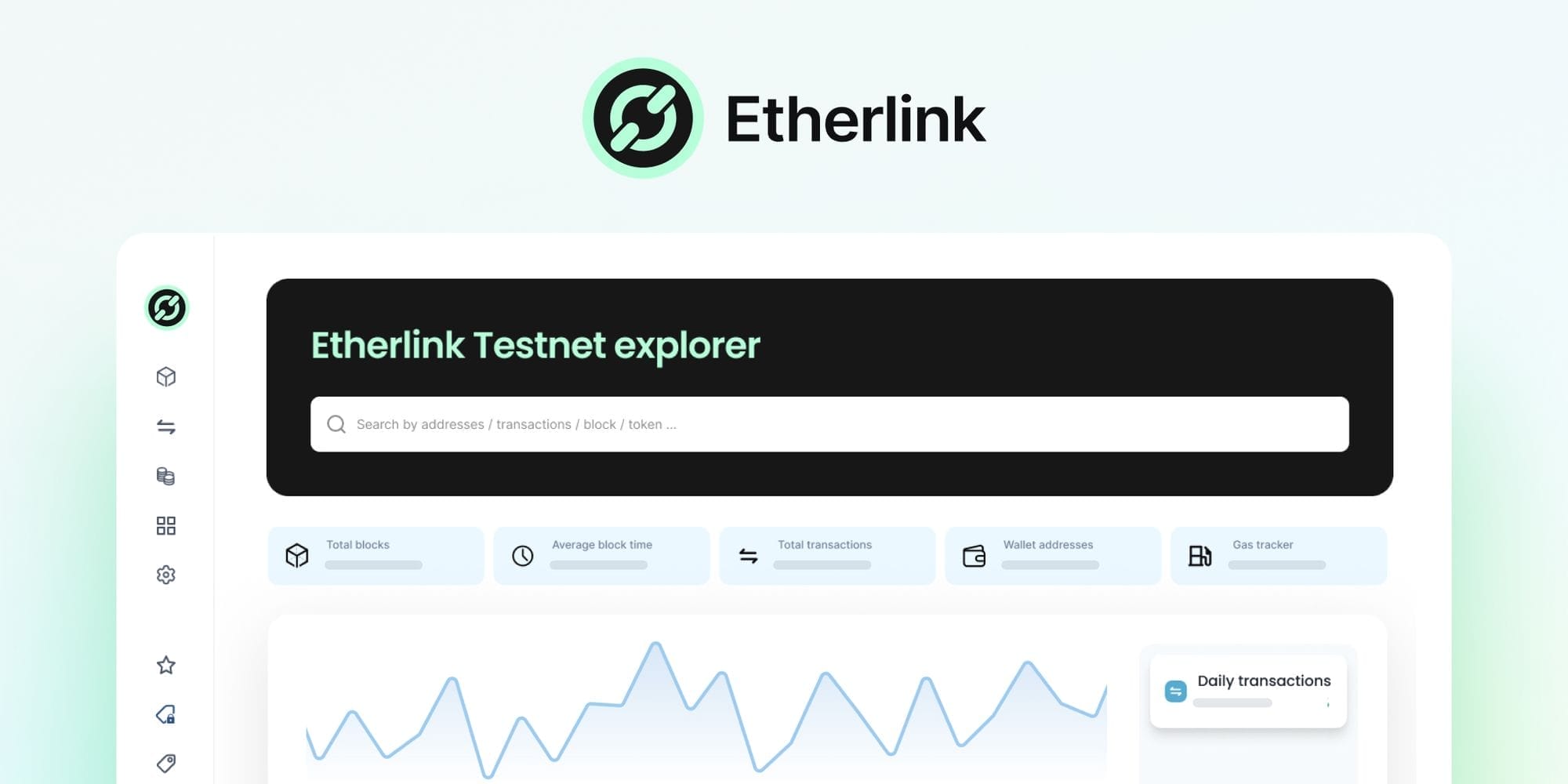The Tezos Foundation has employed Google Cloud to establish a secure and resilient global network for its blockchain. The initiative rapidly deployed Tezos archive nodes on every continent using Google Cloud’s Compute Engine.
Rapid Deployment and Increased Resilience
Using Google Cloud, the Tezos Foundation has created a robust infrastructure capable of managing large volumes of data efficiently. “Google Cloud allowed us to get archive nodes across the world very quickly,” stated Chris Pinnock, Head of Information Technology at the Tezos Foundation. “We are able to use Filestore to move terabytes of data and bring up nodes using that data in under two hours. Moreover, we were able to add monitoring immediately using Google Cloud’s uptime checks.”
Archive nodes, which provide a comprehensive record of all transactions and intermediate ledger states on the blockchain, are now operational globally. This setup ensures that if one node fails, it can be swiftly restored from another, maintaining the network’s integrity and availability.
Efficient Snapshot Service Development
The Tezos Foundation has also developed a snapshot service to facilitate new nodes joining the network. This service enables quick synchronization with the blockchain. Pinnock explained, “I was able to build a snapshot service in three days, from beginning to end, all from my desk, running gcloud commands. The Cloud SDK command line tools allow you to script everything very easily.”
Scaling Solutions and Performance Enhancements
To enhance the Tezos blockchain’s performance, the foundation has implemented Smart Rollups, which process transactions off-chain before submitting them to Layer 1. This reduces the load on the main chain and boosts transaction throughput. Using Compute Engine, the team demonstrated the blockchain’s capability to process up to one million transactions per second, marking a significant milestone.
This technology is set to be utilized in the forthcoming Etherlink product, which will provide compatibility with Ethereum-based smart contracts and programming languages on the Tezos blockchain.
Future Developments and Sustainability
The Tezos ecosystem is continuously evolving, with developers focusing on Tezos 2.0, the next generation of the protocol. This includes advancements like a Data Availability Layer to further increase throughput. “We believe that it will make a huge difference in our Tezos 2.0 architecture going forward. Much of the work is in ensuring high availability of data across the globe,” said Pinnock.
As the Tezos Foundation advances its ecosystem, it remains committed to leveraging Google Cloud solutions. “Google Cloud has a strong Web3 road map including dedicated blockchain SaaS offerings,” Pinnock noted. “We would love to use Blockchain Node Engine, which would mean we could direct our users to Google Cloud, instead of running services ourselves. It would make the Tezos ecosystem more self-sufficient, which is key to the future of the blockchain.”
Through its collaboration with Google Cloud, the Tezos Foundation continues to strengthen the security, resilience, and performance of its blockchain, positioning it for future growth and widespread adoption.
Disclaimer
Not Financial Advice: No content on this website constitutes investment, financial, legal, or tax advice. Users should not construe any such information as a recommendation to buy, sell, or hold any investment or security or to pursue any particular investment strategy.
Our articles due not endorse any projects/applications, nor due they constitute any financial advice. They are provided to simply inform our readers with readily available information that has been provided elsewhere.
Read our full disclaimer here.






